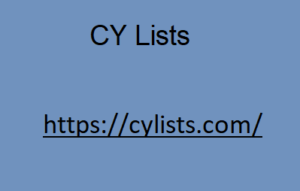|
|
There was no way Google can tell the context of these queries and no past analytics to send a signal to Google whether it was good or satisfied the user’s intent. Hence, Rankbrain’s introduction. RankBrain displays search results that it thinks you’ll like. A ranking boost may be given to a page if it is liked by many people in the search results. Possum Possum was one of the unconfirmed Google algorithm updates. However, when it was launched in September 2016, the local SEO community noticed a change in the local pack results. According to Search Engine Land, Possum has particularly impacted ranking in the 3-pack and local results or Google Maps results.
As a result, many businesses have seen a significant increase in their local ranking. Fred Another unconfirmed but major Google algorithm update, Fred was rolled out in March 2017. This update was aimed at sites with low-quality content and only focus on CY Lists revenue instead of its users. ad placements, spammy content, negative user experiences, or utilizes shady black-hat tactics. Google also targeted other websites who have violated the Webmaster Quality Guidelines as well. Owl Google launched Project Owl to target fake news, offensive or misleading content sites, and upsetting search suggestions.

Launched in April 2017, this Google algorithm update aims to improve search quality by emphasizing authoritative content. To address problematic content, Google utilized data from “quality raters” who responded to its feedback forms to better identify offensive and inaccurate results. Medic Another unannounced Google algorithm update but with massive impact, Medic was rolled out in August 2018. This update significantly affected health, wellness, and medical websites, and YMYL (Your Money or Your Life) pages. In a survey done by Barry Schwartz, Google penalized pages and websites in the medical, health, and fitness spaces that make medical claims or provide health advice without authority, expertise, and trust.
|
|